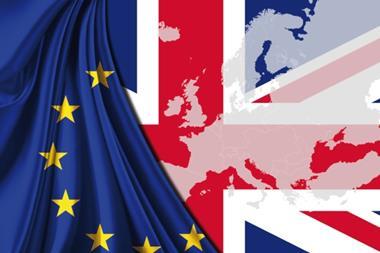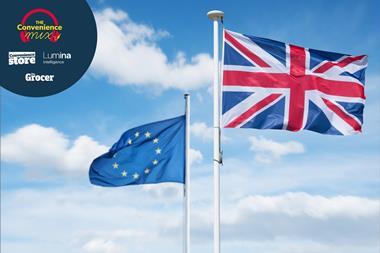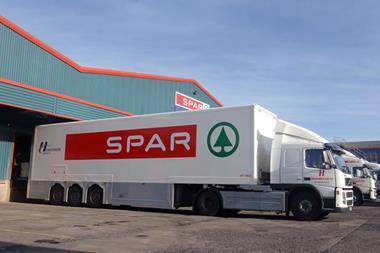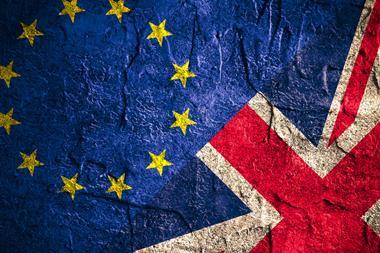A vote for Brexit would force c-store retailers to raise their prices while making no difference to regulatory issues, according to former shadow business minister Chuka Umunna MP and former Business Secretary Vince Cable.
Speaking at a pro-EU event in London yesterday, Umunna (pictured right) said 28% of produce on high street stores comes from the EU, including £1.4bn worth of cheese.
“If we left the Single Market and sourced those goods from the same countries under World Trade Organisation rules as suggested by the Vote Leave campaign, it would mean higher tariffs, which would mean higher prices that you’re going to charge your customers,” he told C-Store.
“If I ran a local shop on Streatham High Street, why would I want to come out of the EU if it meant I charged higher prices to my customers?
“In the short term we know there’s going to be an economic shock. Independent forecasters from Bank of England to London School of Economics are clear there’s going to be an economic shock, and just remember how it felt when people stopped coming through your door between 2008 and 2009, and when they did come they didn’t spend as much. How long that shock’s going to go on for, we don’t know,” the Labour MP for Streatham added.
Cable (pictured left) said it was “difficult to be anywhere else” but in the EU from a business point of view.
“For small businesses it depends on the overall economic country of the climate. We don’t know how EU countries will react to a Brexit - it’s a divorce, and divorces can be acrimonious.”
Both campaigners dismissed concerns relating to EU regulations. “If you look at regulation, the biggest bugbear convenience stores have is the increase in the national minimum wage which they feel they haven’t had enough time to prepare for. That was done wholly on the instigation of a domestic Conservative government, and nothing to do with the European Union,” Umunna said.
“The Association of Convenience Stores’ campaign against plain packaging was entirely focused on the domestic government, not the EU. Domestic governments have always found the EU a convenient dumping ground for blame regarding regulations. The civil service often apply EU regulations when other countries do not.”
Cable said: “Workplace regulations such as shared parental leave are nothing to do with the EU. No-one can complain that EU Red Tape is holding back businesses, we have a very liberated system.”
But pro-Brexit Conservative MP Priti Patel told C-Store separately that a vote to leave the EU was a “vote for security, safety and prosperity”.
“Small and medium sized businesses are hit hard by EU laws and regulations. Although only 6% of businesses export to the EU, 100% of firms have to abide by their laws which have added over £33bn in costs to the UK economy,” she said.
“This adds costs to businesses, prevents jobs being created, and increases prices. Businesses also pay the price for the EU through their taxes. Each week we hand over £350m to the EU but most businesses would rather see this money spent in this country on our own priorities, like investment in infrastructure to support business growth.
“While we remain in the EU, we are at constant risk of bureaucrats and judges passing new rules that impact on our businesses. Rules covering self-employed drivers, waste, and labelling have hurt businesses and we can only safeguard our economic prosperity and take back control our country and voting to leave the EU on 23 June.”






















No comments yet